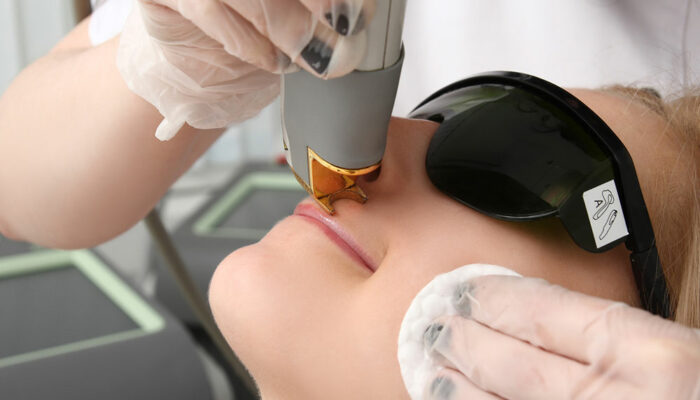
Common Early Signs of Multiple Sclerosis
Multiple sclerosis (MS) is a progressive autoimmune disease in which the body’s immune system attacks the protective covering of nerves called myelin. It further affects the functions of the brain and spinal cord. The symptoms associated with this disease often vary and are unpredictable. Doctors carry out various medical tests to detect the presence of this disease, so that proper treatments for multiple sclerosis can be administered. While the symptoms in some patients are limited to fatigue and numbness, patients with severe multiple sclerosis can experience loss of vision, paralysis, and reduced brain functions.
The various common early signs of multiple sclerosis are discussed below:
1. Vision problems
It is one of the most common symptoms of multiple sclerosis. Patients can experience a partial or complete loss of vision, blurry vision or even double vision, and pain during eye movement. Patients might not notice these symptoms immediately. Doctors might put a restriction on screen time or suggest patients to rest their eyes from time to time as one of the treatments for multiple sclerosis.
2. Pain and spasms
Involuntary muscle spasms and chronic pain are also common among patients suffering from this type of health disorder. As per a study conducted by the National Multiple Sclerosis Society, about half of the patients with this disease experience chronic pain. Additionally, patients might experience stiffness in the muscles and joints as well as painful and unmanageable severe jerking movements. It mostly affects the legs and patients also feel back pain.
3. Dizziness and balance problems
MS patients can also experience dizziness or vertigo, especially when they stand up. They might have problems in maintaining balance and coordination. As a result, patients find it difficult to move freely. Physical therapy as well as medication treatments for multiple sclerosis can be effective in improving the condition of patients.
4. Tingling and numbness
As this health condition affects the nerves in the brain and the spinal cord, it results in sending conflicting signals or no signals to different parts of the body. This further leads to tingling sensation and numbness in various body parts, mostly to the face, arms, fingers, and legs.
5. Fatigue and weakness
Almost 80 percent of the patients experience fatigue and weakness in the early stages of MS. Patients experience sudden fatigue, which lasts for weeks. Muscle weakness is most evident in the legs initially.
6. Cognitive problems
Almost half of the patients experience problems related to their cognitive functions. These problems include difficulties in staying organized, maintaining attention, remembering things, etc. Some types of medications can be administered to these patients as one of the treatments for multiple sclerosis.
7. Sexual dysfunction
As MS affects the central nervous system, it can further cause sexual dysfunction in the patients.
8. Bladder and bowel problems
Patients might find it difficult to empty their bladder, or they might feel the need for frequent urination. Loss of control over urinary bladder is one of the most common early signs of MS. Patients may also experience diarrhea, constipation, etc.
9. Emotional changes
Demyelination and subsequent damage of the nerve fiber in the brain might cause various changes in the emotion of the patients. As a result, they often feel depressed and irritated, and experience varied mood swings. Sometimes, patients can also develop a condition called pseudobulbar affect, which is characterized by bouts of laughter or crying.
Whenever patients experience the above-mentioned symptoms, instead of getting paranoid, they should consult their physician to understand whether they are suffering from MS or any other health condition.



